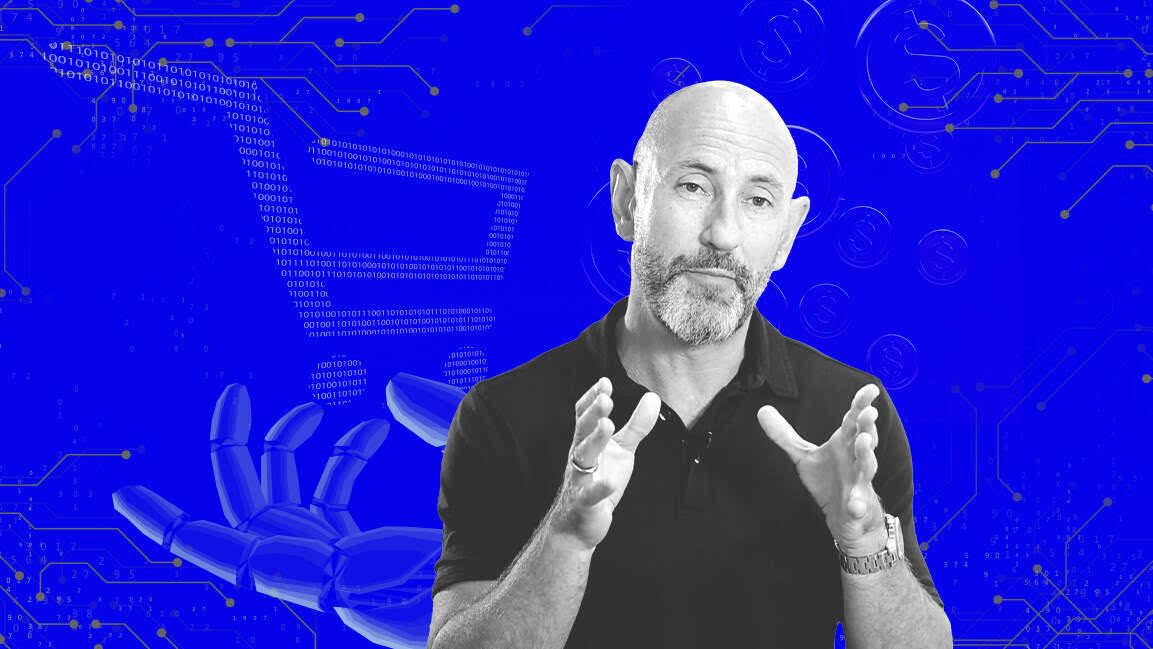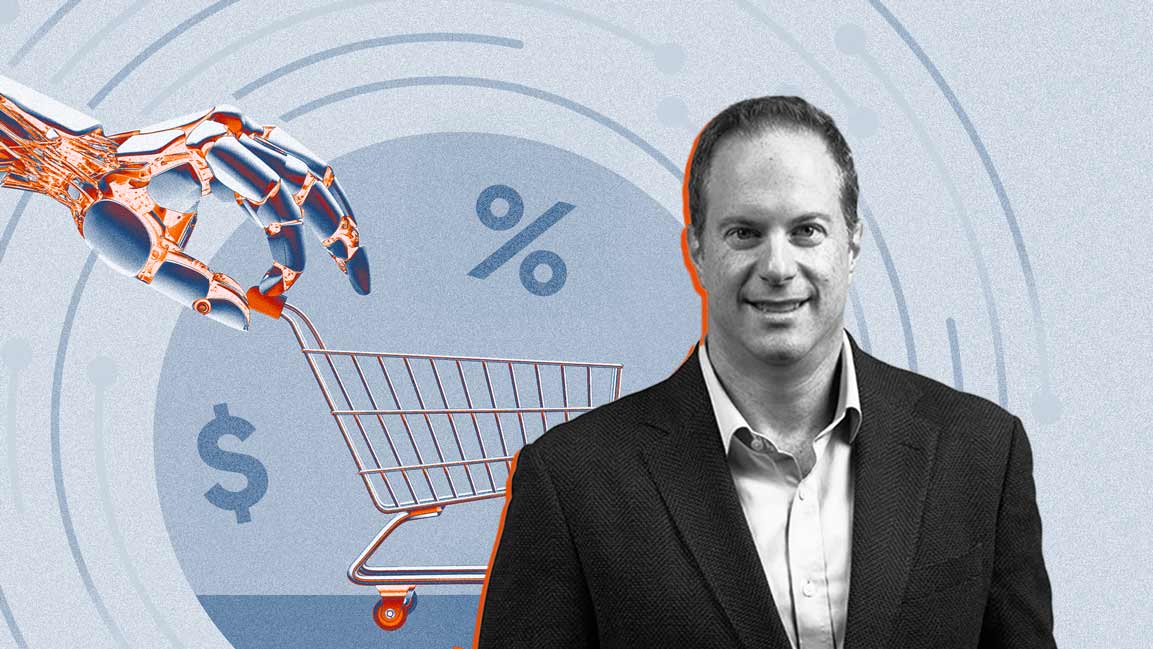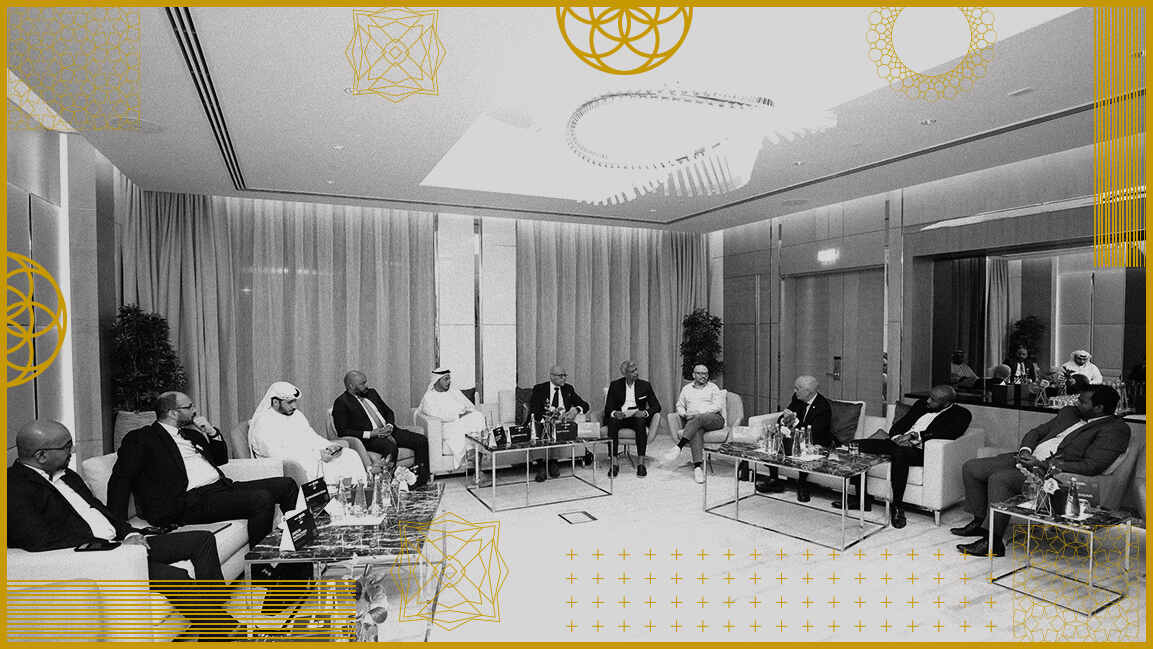- | Visa
The Future of commerce is agentic. And Visa is powering the shift
As AI steps into the driver’s seat of consumer decisions, Visa’s Godfrey Sullivan explains how agentic commerce could redefine trust, choice, and convenience for the next generation of shoppers.

Would you trust AI to select your next holiday, negotiate your next phone purchase, or even buy your next pair of shoes, all while you sleep? It sounds futuristic, but this isn’t. The way we shop is evolving once again, and this time, it’s not just about speed or convenience. It’s about delegation, giving intelligent systems the agency to act on our behalf.
In 2024, global e-commerce sales topped $6.3 trillion, accounting for more than 20% of all retail spending, according to eMarketer. Mobile commerce drove more than half those transactions, a testament to how seamlessly technology has merged with consumer behavior. Yet even as shopping becomes more digital, we’re standing on the edge of something entirely new– the era of agentic commerce.
“Every 10 years or so, there’s a real change in the commerce experience,” says Godfrey Sullivan, Senior Vice President, Products and Solutions, CEMEA at Visa. “We had, many years ago, physical stores, then a transition to e-commerce, which changed the way people shopped. Then came mobile commerce. And now we’re at the cusp of a super exciting shift, from mobile and e-commerce into agentic commerce.”
WATCH THE VIDEO HERE
AI AS YOUR PERSONAL SHOPPER
Consumers won’t need to spend hours comparing products, scanning reviews, or toggling between tabs. “You can ask your AI agent for a particular good or service, and it will look across the whole spectrum of merchants offering it, not just the ones you’ve heard of,” Sullivan explains. “It’s a real leveling of the playing field, bringing much more opportunity for smaller merchants.”
He illustrates, “Imagine saying, Help me book a week’s holiday in the UK, and your AI goes off to search and compare flights, hotels, restaurants, and car hire options, bringing back the best results for you to approve. You stay in control, but the tedious work disappears.”
You could even hand over more autonomy. “You could set up something like, when the new iPhone goes on sale below a certain price, buy it for me. That transaction might happen at two in the afternoon or two in the morning, your AI agent is working on your behalf, saving you time,” he adds.
TRUST AT THE HEART OF INNOVATION
At the heart of this next leap is Visa Intelligent Commerce, the secure backbone enabling this new ecosystem. “Trust is at the very heart of what makes Visa successful,” says Sullivan. “It’s also going to be at the center of what will make agentic commerce successful in the future.”
That trust rests on three principles: control, security, and credibility. Consumers must always be in charge, with complete transparency over what their agents can and can’t do. Every transaction must be safeguarded through proven technologies like tokenization. And finally, only verified, trusted AI agents should be allowed to operate within the Visa Intelligent Commerce framework, something Visa is enforcing through its Know Your Agent initiative.
Still, Sullivan believes technology alone isn’t enough. “The success of agentic commerce will depend on collaboration,” he says. “We’ve engaged with the entire community of agents and enablers, and we’re working hand in hand with them to develop the solutions that will power the future of agentic commerce.”
He sees the Middle East as a particularly fertile ground for this transformation. “The region has forward-looking regulators, a super high penetration of smartphones, and tokenization across the banking sector at some of the highest levels in the world,” he notes. “Consumers here are primed and ready for this new technology, and I think you’re going to see a big uplift in agentic commerce across the region in the coming years.”
THE AGE OF INTELLIGENT CONVENIENCE
From stores to e-commerce to mobile, and now to agentic commerce, every wave of innovation has redefined the meaning of convenience. But this one is different. It’s not just about technology doing things faster–it’s about technology thinking, deciding, and acting for us.
Would you trust it? According to Sullivan, it’s just a matter of time.








































